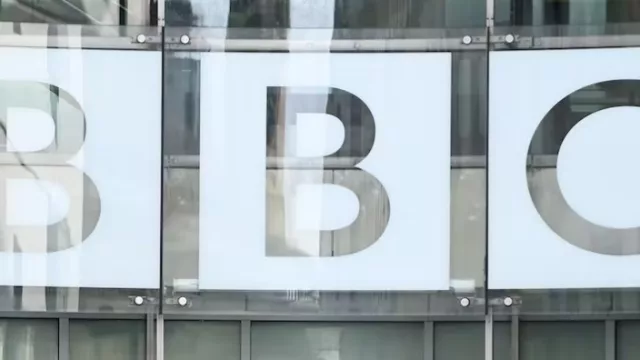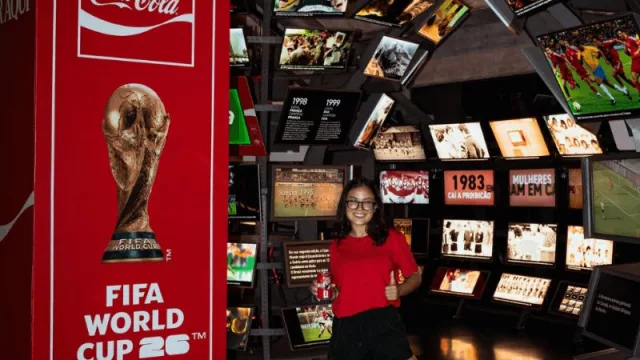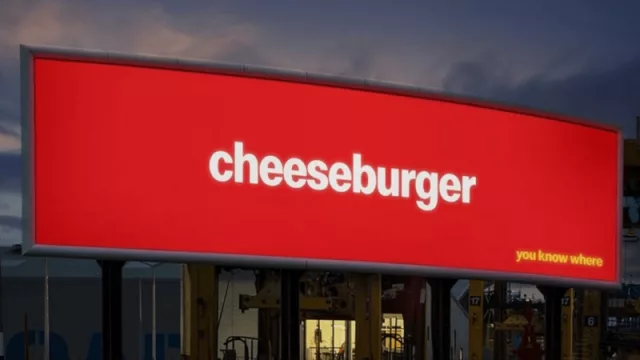The media landscape has changed dramatically since 1922, and the UK needs to decide whether it still wants or needs a broadcaster funded through public means and answerable to the public – or whether it should be paid for by individual consumers and answerable to the market.
This is not a rhetorical or obscure philosophical question. It affects everyone who pays the BBC licence fee, which currently costs £159 a year.
That fee was originally based on the concept that those with the technology to access BBC programmes (originally a radio, then a TV set) should pay for its content. The licence and the governance of the BBC were both deliberately designed to reduce the influence of government, consumers and businesses.
Today, in a world where TV screens are filled with content created by the likes of Netflix and Amazon, some believe the licence fee needs to change. Some would like to see it abolished altogether.
There are those, for example, who would like the licence fee to become a tax, connected to the taxes paid on homes (similar to council tax) or incomes. But this would give the government greater influence over the BBC’s funding in the same way that it controls other social services.
Some would like the BBC to rely more on funding from advertising. But the UK TV advertising market is worth around £4 billion a year, while the BBC licence fee generates £3.8 billion. If the BBC started relying on money from advertising, commercial broadcasters would take a significant hit, and the BBC would have to function with a much reduced income.
Others argue that the BBC should become a voluntary subscription service, falling into line with Disney+, Netflix, or Apple TV. None of those, of course, provide the range of content of the BBC and are commercial services focused on providing content which brings optimal revenue.
Yet a recent official inquiry into BBC funding concluded that a change was necessary to ensure its sustainability, arguing that at least a partial subscription for some public broadcasting services should be considered.
The government’s own submission to that inquiry argued that the licence fee “is a regressive tax” because it demands the same payment regardless of wealth or income.
A similar argument has been put forward by those who contend that taxation, subscriptions and advertising should be considered instead. Some of those would also be regressive of course, unless they were specifically means-tested – something that could also be applied to the existing licence fee.
Other specialists have focused on the benefits of the BBC to the UK and its citizens and the need to ensure it is universally available. A 2016 inquiry on the future of public service broadcasting concluded that the licence fee provided the best protection of the independence of public service broadcasters.
What’s on next?
My own studies make it clear that the current television funding models (licence fee for the BBC, advertising and/or subscription for commercial networks) co-exist well, and that efforts to merge them would damage all three. Subsequent research reveals that BBC funding does not undermine commercial broadcasters, which remain highly successful and competitive.
How the government deals with the BBC’s funding will therefore have a significant impact on the UK – economically, culturally and politically. And ultimately these choices are not just about the BBC, but about the entire UK broadcasting market.
If subscription or advertising are favoured as future funding models for the BBC, significant resources will be taken away from the commercial sector, affecting the financial performance of broadcasting and streaming firms, as well as independent production companies in the UK. The total amount of money available to all UK TV companies will decline and their contributions to regional and national economy and employment will diminish.
If taxes are selected as a funding mechanism, new tax collection and management departments will need to be created and staffed, driving up public expenditure.
These are not simple choices that should be hastily made based on debatable political ideology.
The BBC has long been the envy of television viewers worldwide, especially those in countries where broadcasting is either state run or else overwhelmed by a steady diet of commercially driven programming of questionable quality. Representation of regional populations, children, the elderly and minorities are usually ignored. Educational materials and programmes about nature or culture are often missing.
The funding changes under consideration will determine whether or not the BBC continues to serve broader social interests, provide multiple services, and maintain its desirable reputation. They will also decide whether viewers should have access to broadcasting content that remains free of government and market control.
Robert Picard, Senior Research Fellow, Reuters Institute for the Study of Journalism and Research Fellow, Green Templeton College, University of Oxford
This article is republished from The Conversation under a Creative Commons license. Read the original article.
![]()












Tu opinión enriquece este artículo: